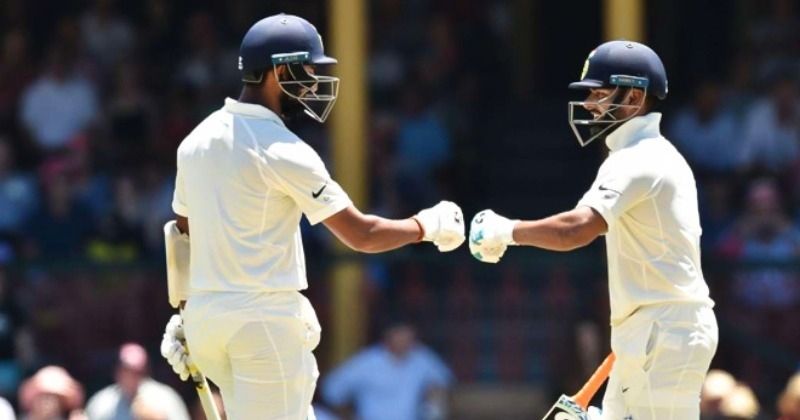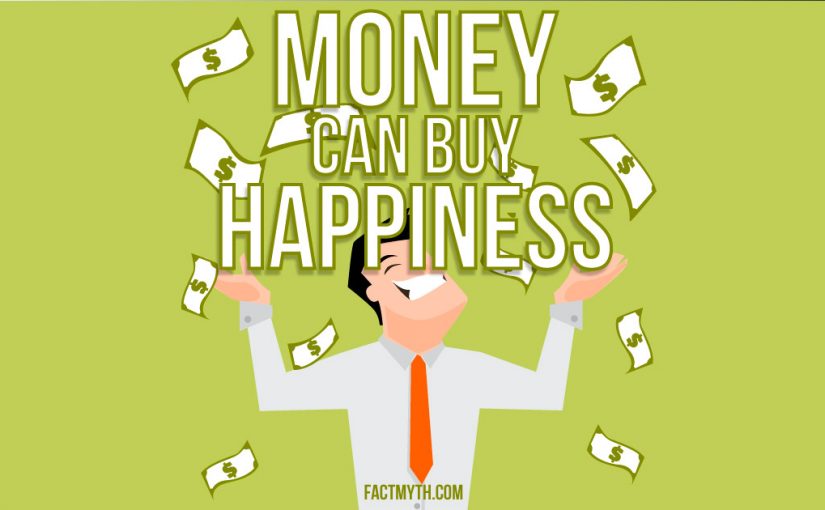India’s most followed religion – cricket has a lot Investing lessons for us. Let’s look at two successful Batsmen of recent times and see what they teach us about Investing.
Pant, the Aggressive Investor
Pant is a big hitter. He is most known for his fastest 50’s and 100’s. He has won some big matches for the country. The aggressive style of playing has at times cost the wicket too early in the match not giving a chance to make any impact in the score board.
An Aggressive Investor is someone who is betting on a few multi baggers to get good portfolio returns. They are not shy of the hero or zero trades, where they may lose in most trades, but a few good ones will likely compensate for the lost ones.
Pujara, the Conservative Investor
Chetaswar Pujara said this in a recent interview with ESPN.
“If I am successful with my method, I don’t need to take any risk. Even if you hit over the top, you just get four runs, and two extra if you clear the fence. So the question is whether it’s worth the risk.”
Here is a man who understand his style and understands risk. There is a great parallel to this in the investment.
Pujara is the kind of Investor who puts most of his money to government guaranteed schemes such as PPF, NSC, KVP etc. He is ok with returns on par or may be even below inflation as long as it consistent and has sovereign guarantee.
Are you Pant or Pujara ?
In Investment the most important question is to ‘Know thyself’. How much time are you willing to put to learn something, how much risk can you take which means how much money are you willing to lose, what is your investment tenure, How disciplined are you?
Playing in the net practice is not the same as playing in a real match ! A back tested strategy with high win % may not work for you as it does not suit your style.
Before you go looking for answers, look for the right questions to ask and know yourself.


